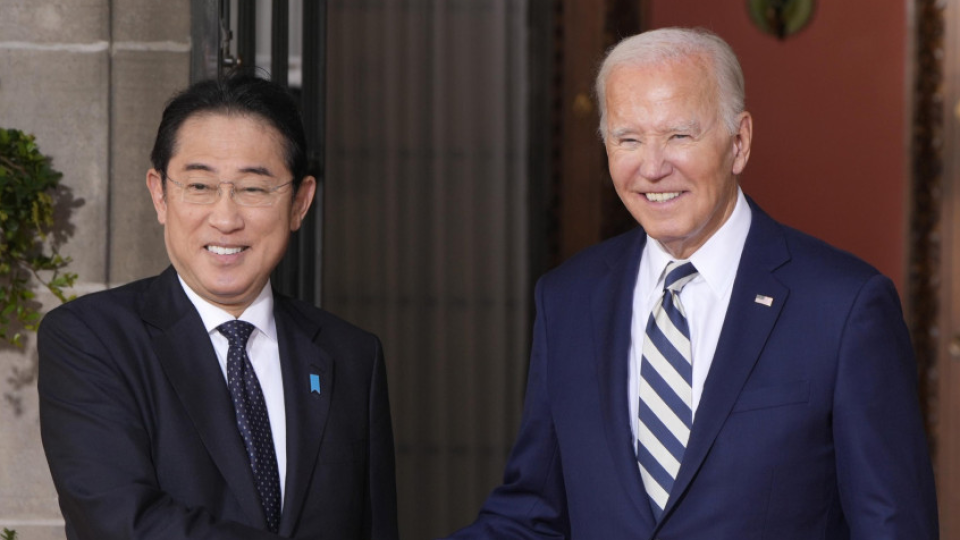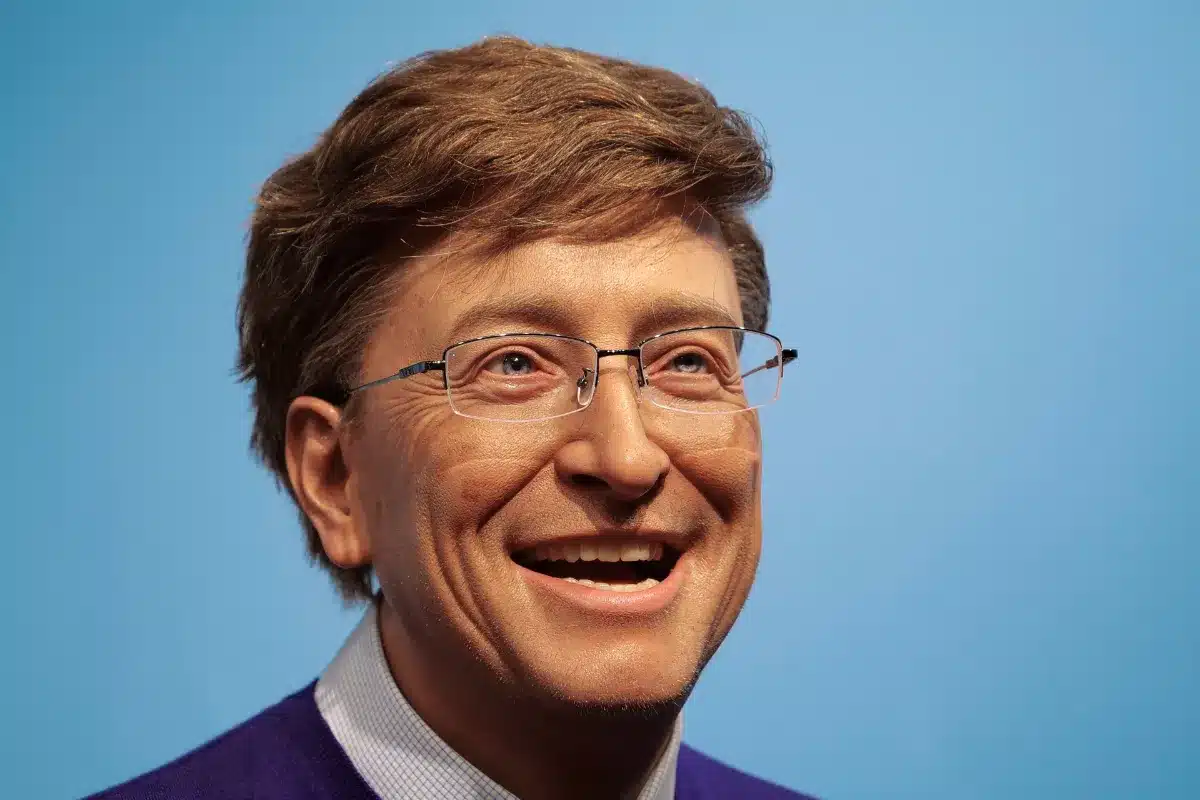Japanese Prime Minister Fumio Kishida and U.S. President Joe Biden on Saturday celebrated a stronger-than-ever alliance between Tokyo and Washington in what was seen as a farewell meeting between the two outgoing leaders.
Biden, who U.S. officials say feels very close to Kishida, hosted him at his private residence in Wilmington, the president’s hometown in Delaware, and praised the Japanese premier for being a “visionary and courageous” leader over the past three years.
Japanese Prime Minister Fumio Kishida (L) and U.S. President Joe Biden shake hands near Wilmington, Delaware, on Sept. 21, 2024, ahead of a meeting with their counterparts from Australia and India. (Kyodo)
Biden noted Kishida’s leadership has made it possible for Japan to fundamentally strengthen its defense capabilities and transform its role in world affairs, the White House said.
“The two leaders committed to sustain efforts to take the U.S.-Japan alliance to new heights and to continue standing side-by-side together as steadfast global partners,” it said.
Kishida and Biden, who both took office in 2021, each decided this summer not to seek reelection amid slumping public support in their respective countries.
During the meeting, which took place hours before a four-way summit of the Quad grouping also involving the leaders of Australia and India, Kishida and Biden reviewed some of their joint accomplishments and candidly discussed common challenges facing Japan and the United States, according to the Japanese Foreign Ministry.
In addition to confirming the importance of passing the robust alliance to future leaders, they discussed major foreign policy issues, including China’s “coercive and destabilizing activities” in the South China Sea and other parts of the world, according to the White House and the ministry.
They said the leaders also reaffirmed that peace and stability across the Taiwan Strait are essential and underscored their opposition to any attempts to change the status quo by force.
Kishida agreed with Biden to continue supporting Ukraine and applying tough sanctions to Russia, as well as to deal with North Korea’s evolving nuclear threats closely together and trilaterally with South Korea, according to the ministry.
Kishida announced in August he will not run in the ruling Liberal Democratic Party’s presidential election, set to take place on Friday.
Biden, who ended his bid for another four years in the White House in July, has repeatedly praised Kishida for significantly increasing Japan’s defense spending amid the severe security environment in Asia.
Despite the enduring conflicts in the Middle East and Ukraine, the United States continues to view China as its most consequential geopolitical challenge and the Indo-Pacific as a region of central importance for Washington’s strategic interests.
Under such circumstances, Japan is increasingly seen as an indispensable ally not only by the Biden administration, but also by a large majority of Democrats and Republicans.
Nonetheless, Biden and Vice President Kamala Harris have opposed plans by Japan’s Nippon Steel Corp. to acquire United States Steel Corp., siding with a powerful labor union based in a critical battleground state that could determine the U.S. presidential election in November.
Former President Donald Trump, the Republican nominee running against the Democrat Harris for the White House, is also against the Japanese leading steelmaker’s proposed acquisition of the smaller U.S. producer, making the issue a delicate one between the two countries.
Kishida stressed that Japan has contributed to the U.S. economy as the largest investor, while voicing hope to further strengthen bilateral cooperation, according to the ministry. But it remains unclear if either of them touched on the buyout plan during the meeting that lasted about an hour.
On many occasions, Biden has hailed Kishida’s strong commitment to support Ukraine and consistent efforts to warn that “Ukraine today may be East Asia tomorrow,” which has drawn global attention to the possibility of a Chinese invasion of Taiwan.
Biden invited Kishida to Washington as a state guest in April, during which he said the alliance has been transformed into a “truly global partnership” during their tenures and announced a long list of agreements with the prime minister.
The agreements, focused on boosting the alliance’s deterrence and facilitating its networking with like-minded partners, included working toward more integrated command and control structures between Japanese and U.S. forces.
Related coverage:
Quad leaders to widen maritime cooperation amid China’s assertiveness
Japan, EU plan to set up security dialogue amid concerns over China
New Japan SDF base construction for U.S. drills to be delayed to 2030


